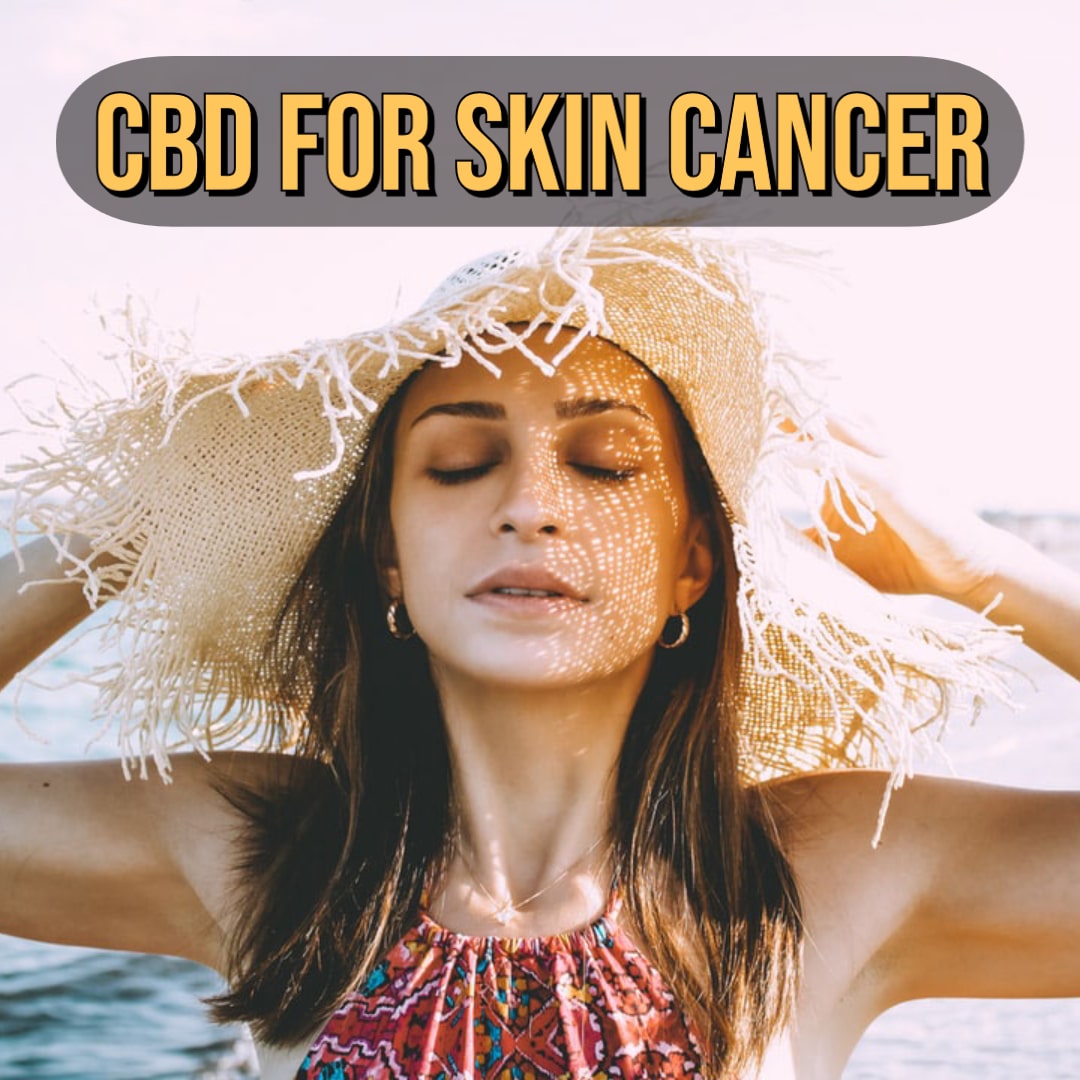Skin Cancer is the most common cancer in the U.S., and is a broad term describing an abnormal growth of cells that can spread. The areas of the body most affected are those that are exposed to the sun, but skin cancer can develop anywhere on the body. The most common cause of skin cancer is to due sun exposure, more specifically exposure to UVB radiation. This type of radiation comes from not only the sun but also sunlamps and tanning booths. Avoiding exposure to UVB radiation and using sunscreen when you are outdoors may help prevent some skin cancers from forming. There are a few common types of skin cancer that include Basal cell, Squamous Cell and Melanoma. Basal cell skin cancer is a type of skin cancer that begins in the basal cells. Basal cells produce new skin cells as old ones die. This cancer typically appears as a white waxy lump or a brown scaly patch on sun-exposed areas, such as the face and neck. Squamous cell carcinoma (SCC) of the skin is the second most common form of skin cancer, characterized by abnormal, accelerated growth of squamous cells. SCCs can appear as scaly red patches, open sores, rough, thickened or wart-like skin, or raised growths with a central depression. The most serious type of skin cancer is called Melanoma. Melanoma happens when the pigment-producing cells that give color to the skin become cancerous. Symptoms of this include new, unusual growth or a change in an existing mole. Treatment for skin cancer includes radiation therapy, chemotherapy, prescribed creams, and in some cases surgery to remove the cancer. Each treatment for skin cancer contains negative side effects that includefatigue, easy bruising and bleeding, infection, nausea, vomiting, anemia, weight changes, and fertility problems. Cannabidiol (CBD) is a non-psychoactive compound derived from the hemp plant known for its potential therapeutic effects. When you apply CBD topically, your skin absorbs it. Your skin contains cannabinoid receptors that make CBD a potential therapy for many conditions that range from dry skin to skin cancer.One study showed several cannabinoids including cannabigerol (CBG), non-psychoactive cannabidiol (CBD) and cannabidivarin (CBV) seemed to “switch off” skin cells that grow uncontrollably. Uncontrolled growth of this kind is a factor in skin allergies and skin cancers. In this study, the researchers documented the effects of these three cannabinoids on human skin cell lines. CBD was the most effective of the three in addressing unwanted DNA activity, with CBG coming in second. The researchers in the study claim Phyto cannabinoids such as CBD appear to stop detrimental DNA activity that promotes skin cancer. The Miller Healer 2000mg Tincture can be taken sublingually to help alleviate the symptoms of skin cancer. The Miller Healer 1000mg Salve Stick or Miller Healer 2000mg Cream can be applied topically to help with skin cancer as well. Always consult your primary care physician before starting a new regimen. Our team of specialists are always available to provide you with education and assist you with any questions regarding CBD
CBD for Skin Cancer
By admin|2021-03-15T11:09:33-07:00October 31, 2020|Categories: Blog’s with letter S|Tags: anemia, Basal cell, bruising and bleeding, Cannabidiol (CBD), cannabidivarin (CBV), Cannabigerol (CBG), CBD for Skin Cancer, DNA, fertility problems, includefatigue, infection, Melanoma, Miller Healer 2000mg Cream, Nausea, Phyto cannabinoids, Squamous cell carcinoma (SCC), squamous cells, The Miller Healer 1000mg Salve Stick, The Miller Healer 2000mg Tincture, UVB radiation, vomiting, weight changes|0 Comments






Leave A Comment
You must be logged in to post a comment.